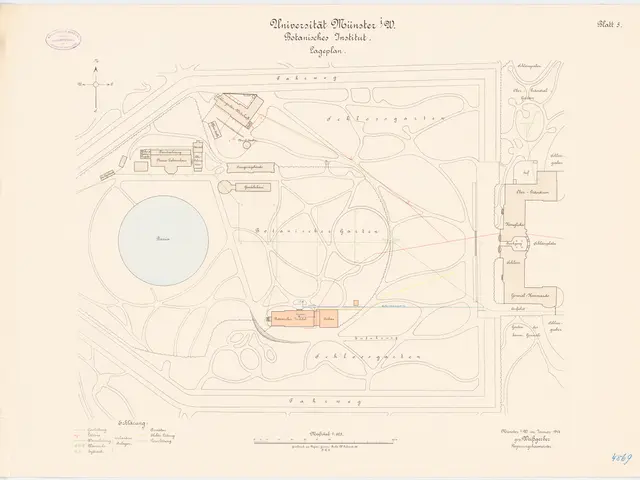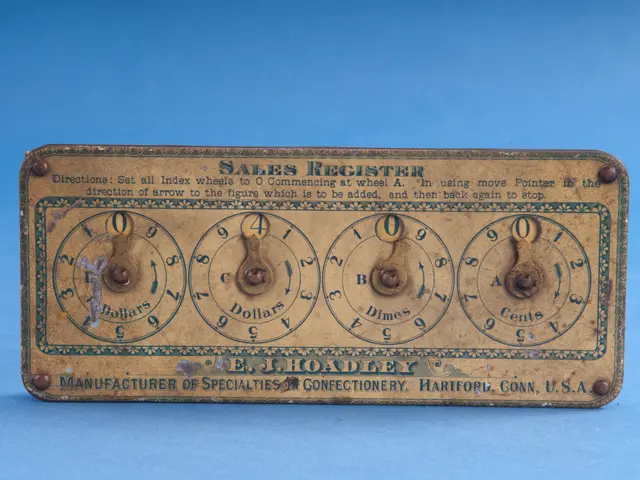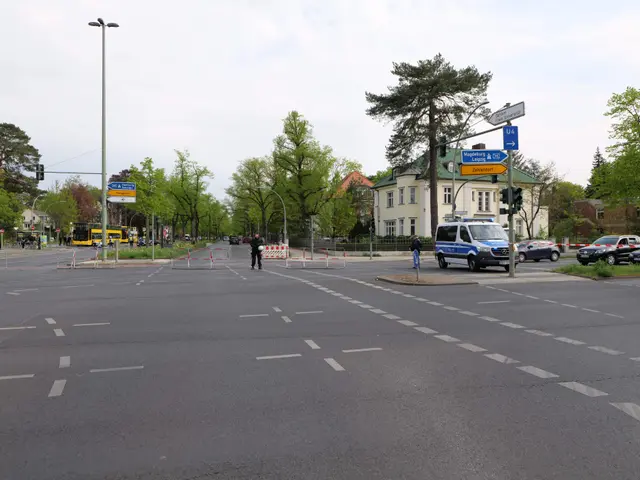TU Braunschweig's Game-Changing Battery Production Process
A groundbreaking project at the Technical University of Braunschweig (TU Braunschweig) is set to revolutionize battery production. The GranuGoIn project aims to advance a semi-dry production process for electrodes, scaling it for industrial use. This new process offers ecological and economic benefits, with increased storage stability of granulates enabling more flexible, decoupled production and improved electrode quality.
The GranuGoIn project, conducted at TU Braunschweig, involves industry partners VARTA Microbattery GmbH and Coperion GmbH. Together, they focus on further developing process parameters, optimizing granulate dosing, and integrating inline measurement technology for quality assurance. The project fosters knowledge transfer between science and industry, supporting the establishment of a sustainable, competitive battery value chain in Germany.
The new process developed by TU Braunschweig uses granulate-based material with minimal solvent. This reduces energy-intensive drying processes, making battery production more efficient and affordable. Efficient and affordable batteries are crucial for expanding electric mobility and ensuring a stable power supply from renewable energy sources. The development of such production processes is key to strengthening Germany's technology and economic competitiveness.
The GranuGoIn project, conducted at TU Braunschweig with industry partners VARTA Microbattery GmbH and Coperion GmbH, has successfully developed a new, more efficient process for battery production. This process offers ecological and economic benefits, supports the growth of electric mobility, and strengthens Germany's competitive edge in the global battery market.
Read also:
- Shuwaikh Beach Cleanliness Plan Launched, 600+ Bags of Garbage Removed
- Next Gen GST Drives Indian Auto Sales to Record Highs During Festive Season
- Elliott vs. Stronghold: Hedge Fund Alleges Improper Expense Overcharging in Legal Battle
- Dutch Designer Niels van Roij Unveils 'Henry II', a Bespoke 1981 Rolls-Royce Corniche








